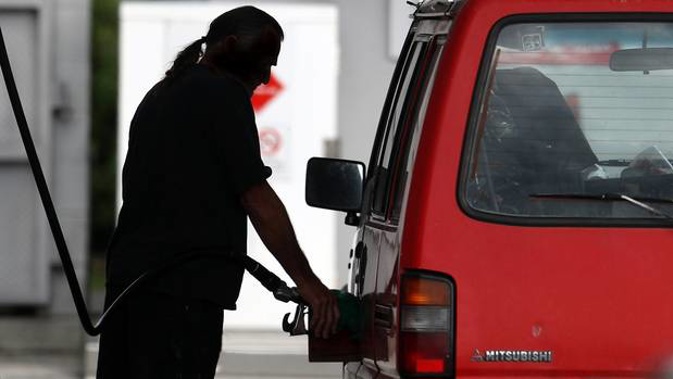
Government officials and independent analysts are checking for signs of petrol companies palming off Auckland's fuel tax to the South Island, but industry insiders have indicated it may be inevitable.
Transport Minister Phil Twyford signalled that this behaviour "won't be tolerated", but Road Transport Forum Chief Executive Officer Ken Shirley has warned regions might bare the brunt of the tax.
Data shows pump prices in the City of Sails are now cheaper than Canterbury, Nelson, Otago, and the West Coast - despite the extra 11.5 cents per litre introduced in Auckland six weeks ago.
Figures collated from pricewatch.co.nz by economist Sam Warburton reveals that after July 1 - the start date for the tax - the average price of 91 in Auckland jumped from $2.13 to $2.24 a litre.
Z Energy spokesperson Sheena Thomas said "to date, by and large, most of our sites have maintained close to the initial 11.5 cents per litre added on 1 July."
Thomas could not rule out the possibility of price spreading, saying that "over time the fuel tax could get competed away in Auckland. Whether or not this becomes the case in future is not something we can predict."
AA petrol watch spokesperson Mark Stockdale said officials had raised the issue of price spreading in their advice to the government. He said spreading happened last time there was a regional fuel tax, in the early 1990s.
"That is why the AA wanted the proposed legislation amended to include a requirement for price monitoring by the government," he said.
A MBIE/NZIER report released in December highlighted the current inability of the government to adequately assess the competitiveness of New Zealand's fuel market and raised concerns about competitiveness in some regions.
/arc-anglerfish-syd-prod-nzme.s3.amazonaws.com/public/VKK63TVQWNGFDPXCSFQFYHWJ7E.jpg)
Transport Minister Phil Twyford said, "This Government has made it clear that price spreading and anti-competitive behaviour by petrol companies will not be tolerated. I've asked officials to look into the data revealed by Sam Warburton to see whether there is any evidence of price spreading. The government is progressing the Commerce Amendment Bill to give the Commerce Commission more teeth to deal with anti-competitive behaviour."
Shirley said in imposing the levy the council and government showed "absolutely zero understanding of the retail fuel market" or how prices were "manipulated and massaged" around the regions.
While Warburton himself did not believe there was clear evidence of Auckland's regional fuel tax being spread to other regions yet, he said the numbers raised some questions.
"There does appear to have been some increase in prices in Canterbury and Otago regions. While we would expect this to happen if the tax was being spread from Auckland to those regions, it's also consistent with any number of regional factors that might cause prices to rise."
He also pointed out that Auckland's prices are not behaving differently from regions like Bay of Plenty and Waikato, suggesting that spreading had not occurred.
However, Shirley said "of course" the cost of the fuel tax was being spread to the regions "that's how markets work in New Zealand", it "highlights the nonsense of trying impose a ring-fenced regional fuel tax through a national system."
Take your Radio, Podcasts and Music with you









